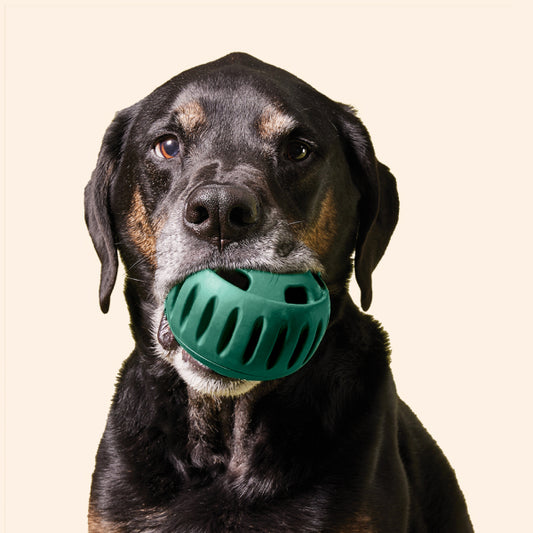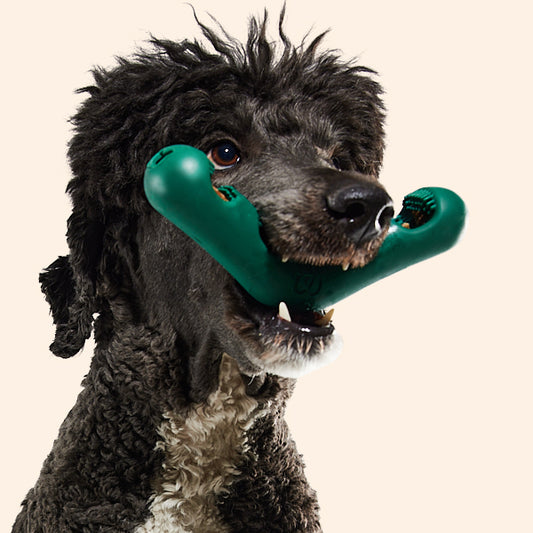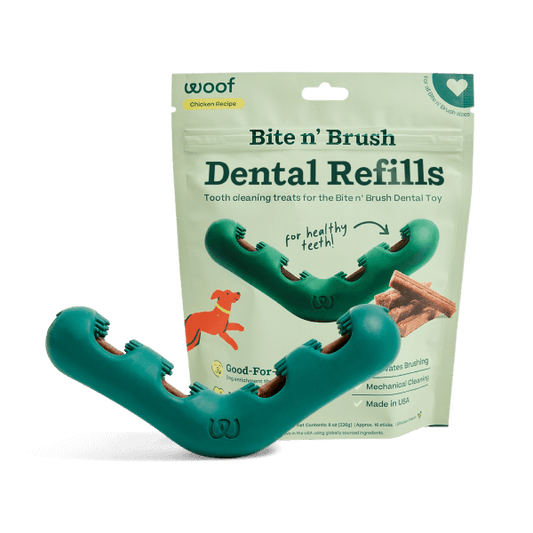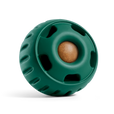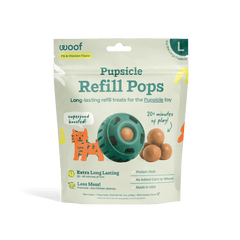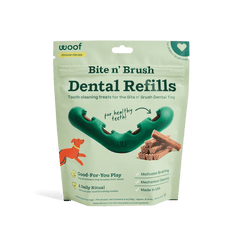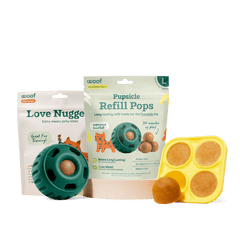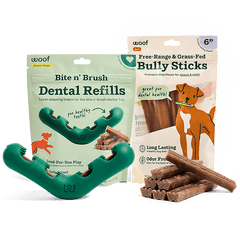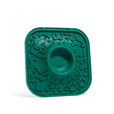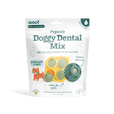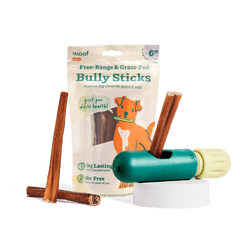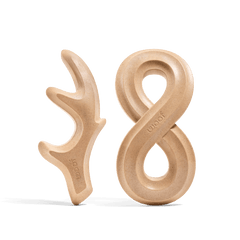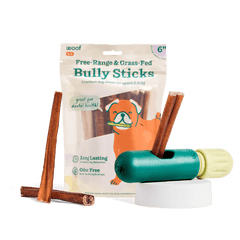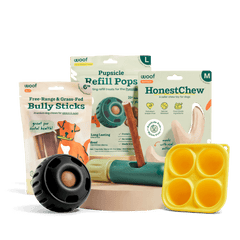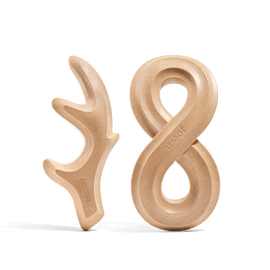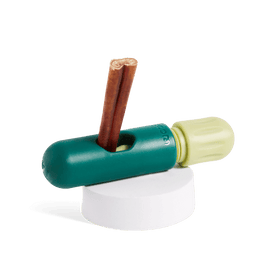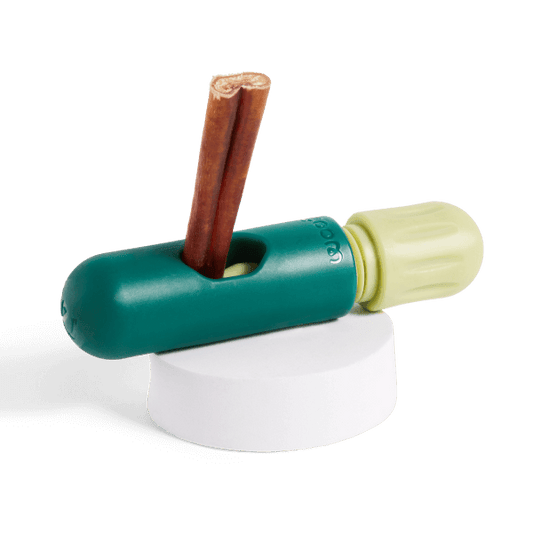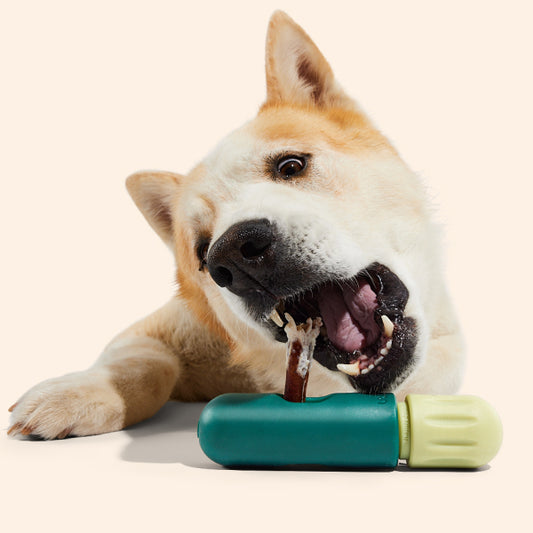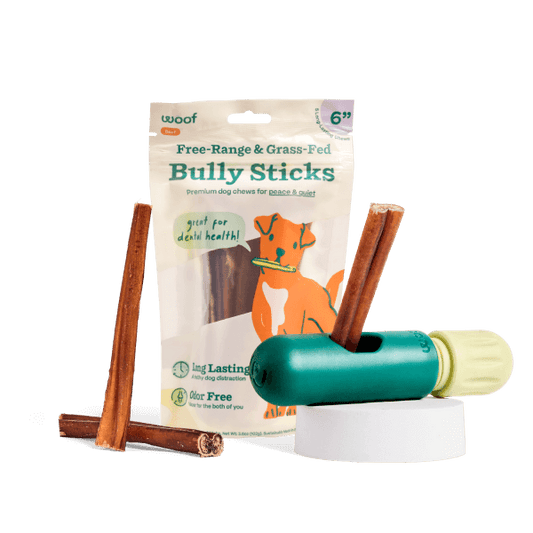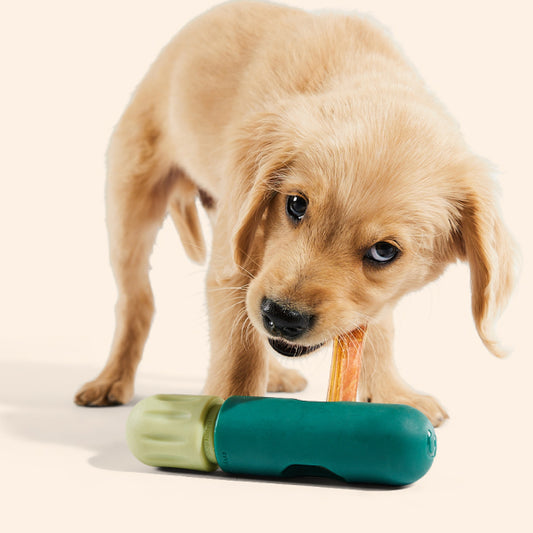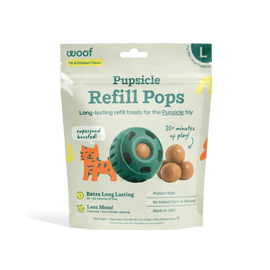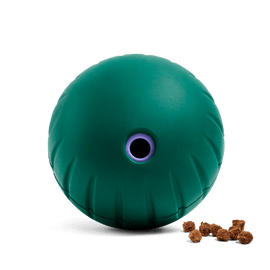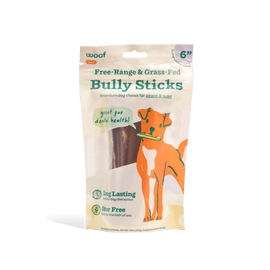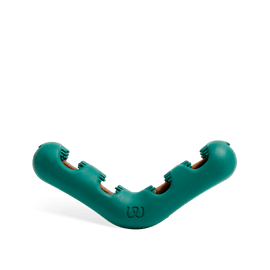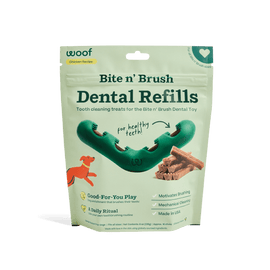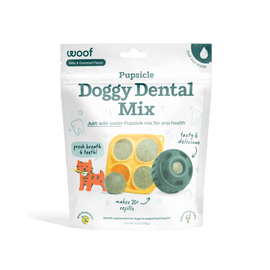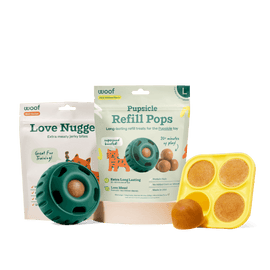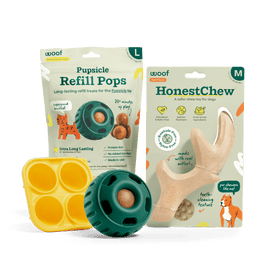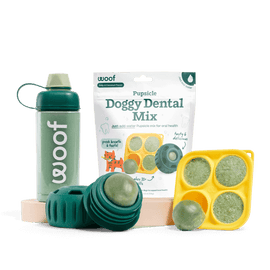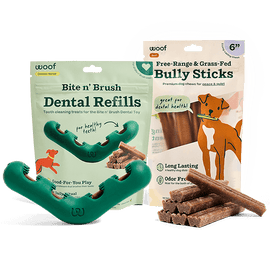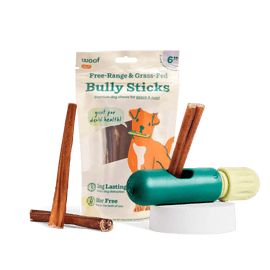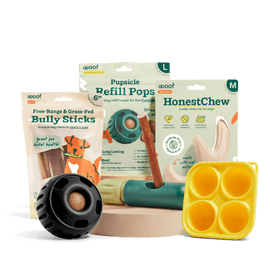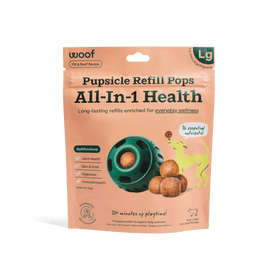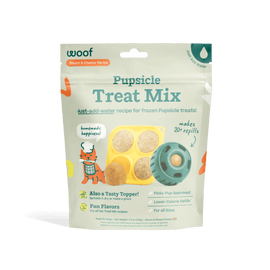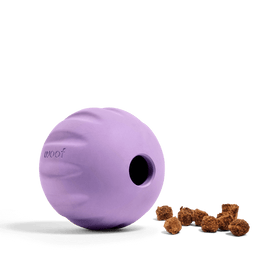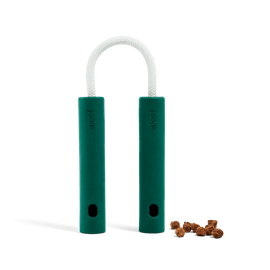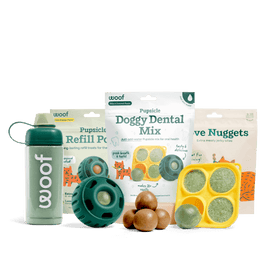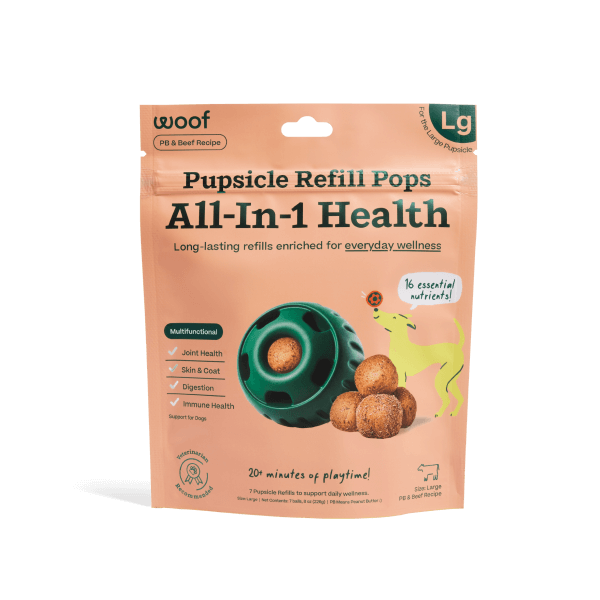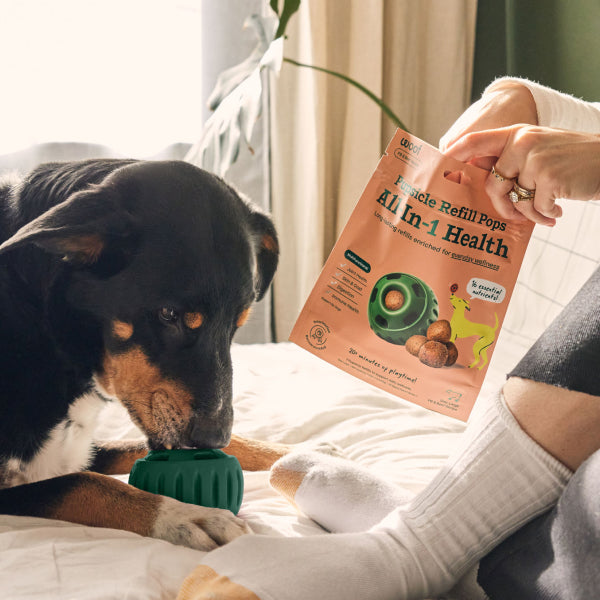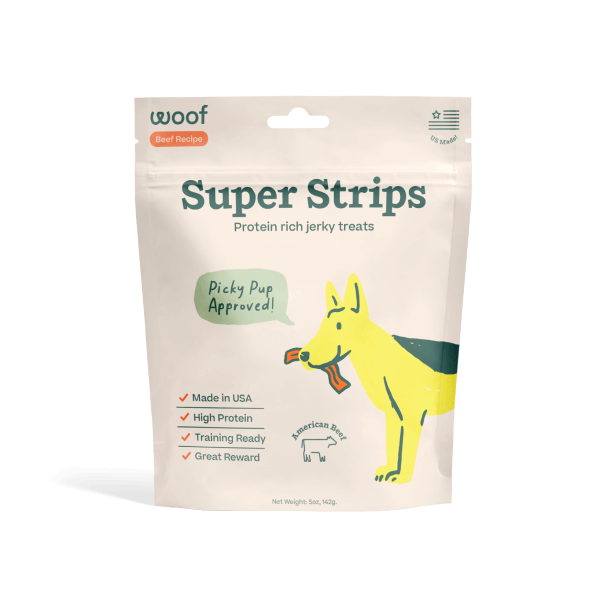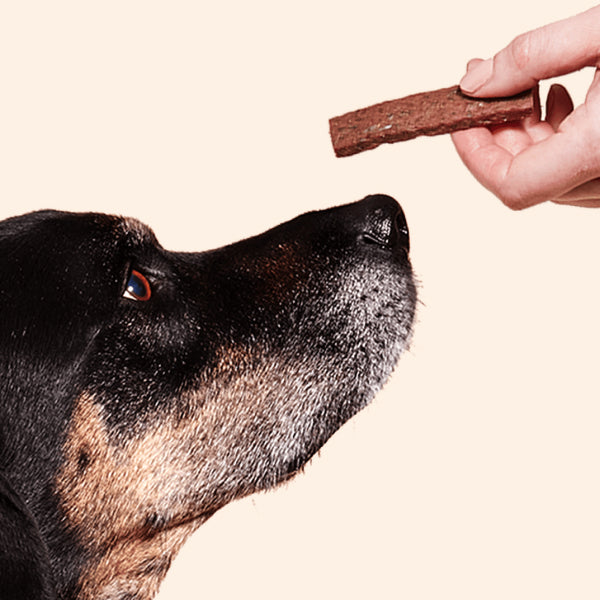
Ever walked into your living room to find your favorite fern looking a bit worse for wear, thanks to your furry friend's nibbling habits? You're not alone. Many dog owners face the perplexing issue of their pets munching on houseplants. Understanding the reasons behind this behavior is the first step toward addressing it effectively.
Natural Instincts at Play
Dogs are naturally curious creatures with instincts that drive them to explore their environment, often using their mouths. In the wild, canines consume various plants to aid digestion or obtain nutrients not found in meat. This ancestral trait can manifest in domestic dogs as an inclination to chew on greenery.
Boredom and Lack of Stimulation
A common reason dogs turn to houseplants is simple boredom. Without adequate mental and physical stimulation, dogs may seek alternative activities to occupy their time, and your indoor garden becomes an easy target. Ensuring your dog receives regular exercise and interactive play can mitigate this behavior.
Dietary Deficiencies
Sometimes, plant-eating may indicate nutritional gaps in your dog's diet. If they're lacking certain vitamins or minerals, they might instinctively seek them out in plants. Providing a balanced diet rich in necessary nutrients is crucial. Consider incorporating supplements like our All-in-1 Wellness Pops to ensure your dog receives comprehensive nutrition.
Attention-Seeking Behavior
Dogs are intelligent and social animals. They quickly learn that certain behaviors elicit reactions from their owners. If chewing on plants results in attention, even if it's negative, they may continue the behavior. It's important to provide positive reinforcement for desirable behaviors and minimize reactions to unwanted ones.
Potential Risks of Plant Consumption
While some plants are harmless, others can be toxic to dogs, leading to symptoms like vomiting, diarrhea, or worse. It's essential to identify and remove hazardous plants from your home. For a comprehensive list of toxic plants, consult reputable sources or speak with your veterinarian.
Effective Strategies to Curb Plant-Eating
Addressing this behavior involves a multifaceted approach:
- Provide Adequate Exercise and Mental Stimulation: Regular walks, playtime, and interactive toys can reduce boredom-induced plant chewing.
- Offer Safe Chewing Alternatives: Introduce durable chew toys or treats like our Super Strips to divert attention from plants.
- Use Deterrents: Apply pet-safe deterrent sprays to plants to make them less appealing.
- Environmental Modification: Place plants out of reach or use barriers to prevent access.
- Positive Reinforcement Training: Reward your dog for ignoring plants and engaging with appropriate items.
Conclusion
Understanding the underlying reasons for your dog's plant-eating behavior is key to addressing it effectively. By ensuring they have a balanced diet, ample stimulation, and safe alternatives, you can protect both your plants and your pet. Remember, patience and consistency are vital. If the behavior persists, consult with a veterinarian or professional dog trainer for personalized guidance.
For products that promote your dog's health and well-being, explore our Wellness Collection and keep your furry friend happy and healthy.

